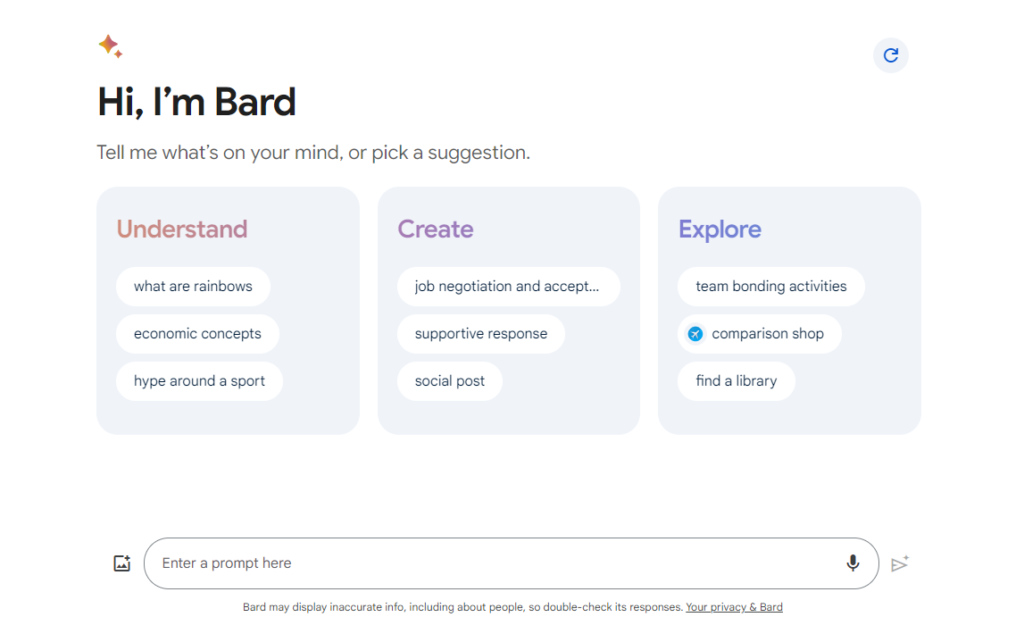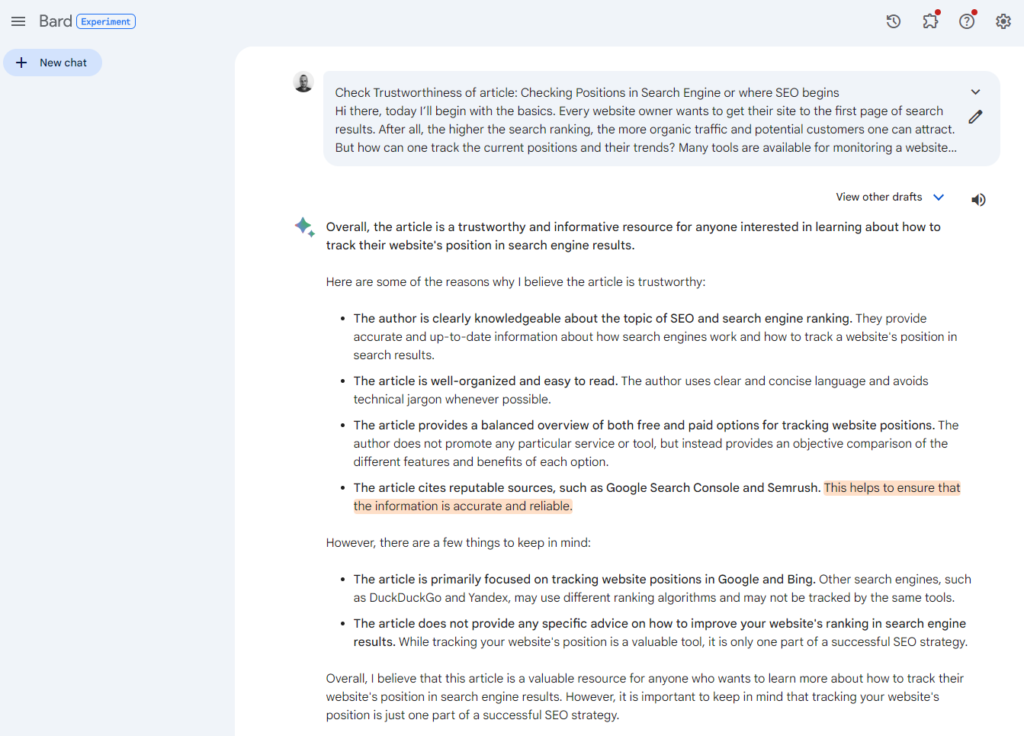Google plans to roll out Search Generative Experience (SGE) globally in the first quarter of this year once they are confident it will be well-received by users and not jeopardize their quarterly financial results. This was confirmed in Google’s official blog.
Table of Contents
However, there are several intriguing studies regarding the current generation of Search Generative Experience (SGE) from Search Engine Journal and Ahrefs.
Consequences of SGE implementation
- Google displays a search generation element for 86.8% of all search queries.
- In 65.9% of cases, a small generation button appears; in 34.1% of cases, a pre-filled SGE element with a “Show more” link is displayed.
- When a user clicks on the SGE button or the “Show more” link, the first line of organic search results is pushed down the page by 1,562 pixels and 1,630 pixels, respectively. This is about 1.5 times the height of the viewing area, making it hard to imagine that it won’t affect organic traffic.
- On average, 10.2 links from 4 unique domains appear in the SGE panel after a click.
- The largest generative content displayed 37 visible URLs above the organic results!
- 93.8% of generative links do not match the top 10 organic results. Only 4.5% of generative URLs directly matched with organic URLs on the first page of results, and only 1.6% displayed a different URL from the same domain in the results.

Simply put, the presence of generative content in Google’s search results affects the positioning and visibility of traditional results of local SEO, such as featured snippets, organic links, and images.
A completely new section appears when a user clicks “Generate,” and all content is moved down the page. This will likely impact how users interact and view search results, with some standard results being pushed down.
You can read the full comprehensive study here: https://www.authoritas.com
How to optimize your site for Search Generative Experience (SGE)?
Credibility is the most critical E-E-A-T factor for content ranking. Essentially, the entire E-E-A-T revolves around content credibility. Various authors/experts’ authoritativeness and source citations all serve to confirm the credibility of the content.
Google checks the credibility of facts in a straightforward, fast, and reliable manner. Let’s see how it does this using the example of the AI chatbot Bard.
Checking Credibility or Trustworthiness
- For instance, take my article Checking Positions in Search Engine or where SEO begins
- Then, go to Bard https://bard.google.com/ if you are in the USA or use a VPN, as access is currently only available to users in America
- Ask it to Check the Trustworthiness (or Credibility) of this article: TEXT OF THE ARTICLE
- Observe and study the result:

Positive results
Overall, the article is a trustworthy and informative resource for anyone interested in learning about how to track their website’s position in search engine results.
Thus, Google confirms the credibility of my article, and it should rank well and be authoritative.
- The author is clearly knowledgeable about the topic of SEO and search engine ranking.
- The article is well-organized and easy to read.
- The article provides a balanced overview of both free and paid options for tracking website positions.
- The article cites reputable sources, such as Google Search Console and Semrush.
Looks good. Isn’t it?
What to improve
However, there are a few things to keep in mind.
But it also shows areas that can be worked on and improved. These points raised doubts about the article’s authoritativeness.
- The article is primarily focused on tracking website positions in Google and Bing.
- The article does not provide any specific advice on how to improve your website’s ranking in search engine results.
Here, I see an excellent opportunity to add some extra information about several new search engines and extend the presence of keywords in the text.
In addition to credibility, Google evaluates the timeliness and objectivity of the article – the full set of what’s important from the E-E-A-T perspective.
The essence of this study is as follows – always check what you write, and confirm the credibility of information by all available methods. As you can see, Google can easily and casually check the credibility or authorship of your content. If it is false or low quality, it’s unlikely to rank well.

Leave a Reply